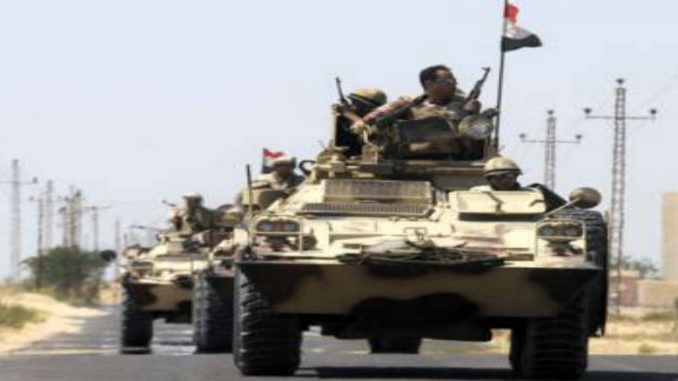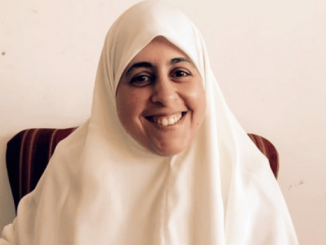
The Egyptian authorities have accused Reuters and the BBC of “inaccurate coverage” of clashes in the western desert between security forces and armed militants in which police officers and conscripts were killed on Friday.
Egypt’s State Information Service (SIS) said in a statement that Reuters had made “grave professional mistakes” by relying on unidentified security sources and not “resorting to official security authorities to get correct information”.
In an initial statement on Friday, the Ministry of Interior did not give any casualty figure for Friday’s clashes. On Saturday, a ministry statement said 16 police and conscripts were killed and another 13 wounded in a remote western desert area after they came under heavy fire from the armed group.
However, security sources told western media the police toll was far higher.
In this context, three reporters told Reuters as many as 52 police had been killed in gun battles, which security sources said involved militants firing rockets at a police convoy.
A Reuters spokesperson said, “We take seriously our obligation to report the news fairly and accurately, and were careful here to report both the Interior Ministry’s account of the situation as well as information we received independently from other sources.”
Moreover, the BBC was also told from sources that 53 officers and conscripts had been killed.
The Associated Press also reported that at least 20 officers – including two brigadier-generals, a colonel and 10 lieutenant-colonels – and 34 conscripts were killed, and Agence France-Presse put the death toll at 35.
Since the military coup in 2013, militant groups have increased their attacks on the military and police officers.
The Egyptian authorities are also fighting, “Sinai Province”, a group affiliated to the Islamic State (IS) which has increased its attacks in the north of the Sinai Peninsula, more than 500km from the latest violence. Hundreds of police and soldiers have been killed by Sinai Province.
An initial claim by Hasm, a small Islamist group that emerged last year, was discounted by militancy experts who questioned its authenticity. There was no other claim.
The group has claimed responsibility for several attacks around Cairo, targeting judges and police officers over the past year.
The Egyptian authorities claim that the group is connected to the Muslim Brotherhood, however, none of the militant groups claim any affiliation with the Muslim Brotherhood in their statements.
On September 30, Hasm group claimed responsibility for an explosion outside the Myanmar Embassy, which killed no one but appeared to signal the group’s growing ambitions.
“But the scale and sophistication of the ambush on Friday bore the hallmarks of more experienced and heavily armed militants, and some experts cautioned that the Hasm statement of responsibility might be a fabrication,” said the New York Times.
According to Ahmed Kamel El-Beheiri, a security researcher at the state-run Al Ahram Center for Strategic Studies, ”Hasm doesn’t operate in that area and they are not capable of this kind of operation.”
He added,” Until now they have only been capable of using small arms and improvised explosive devices. They don’t have the numbers, the training or the weapons for this.”
A more likely scenario, Mr. Beheiri said, was that the Islamic State was responsible for the attack.
In the end, whether the operation was adopted by Hasm or IS-affiliated group, the latest operation indicated that militant capabilities have developed outside Sinai .
IHS Jane’s, a British publishing company specialized in military, pointed that “Sophisticated militant ambush in Egypt’s Western Desert indicates increased jihadist attack capability outside Sinai.”



